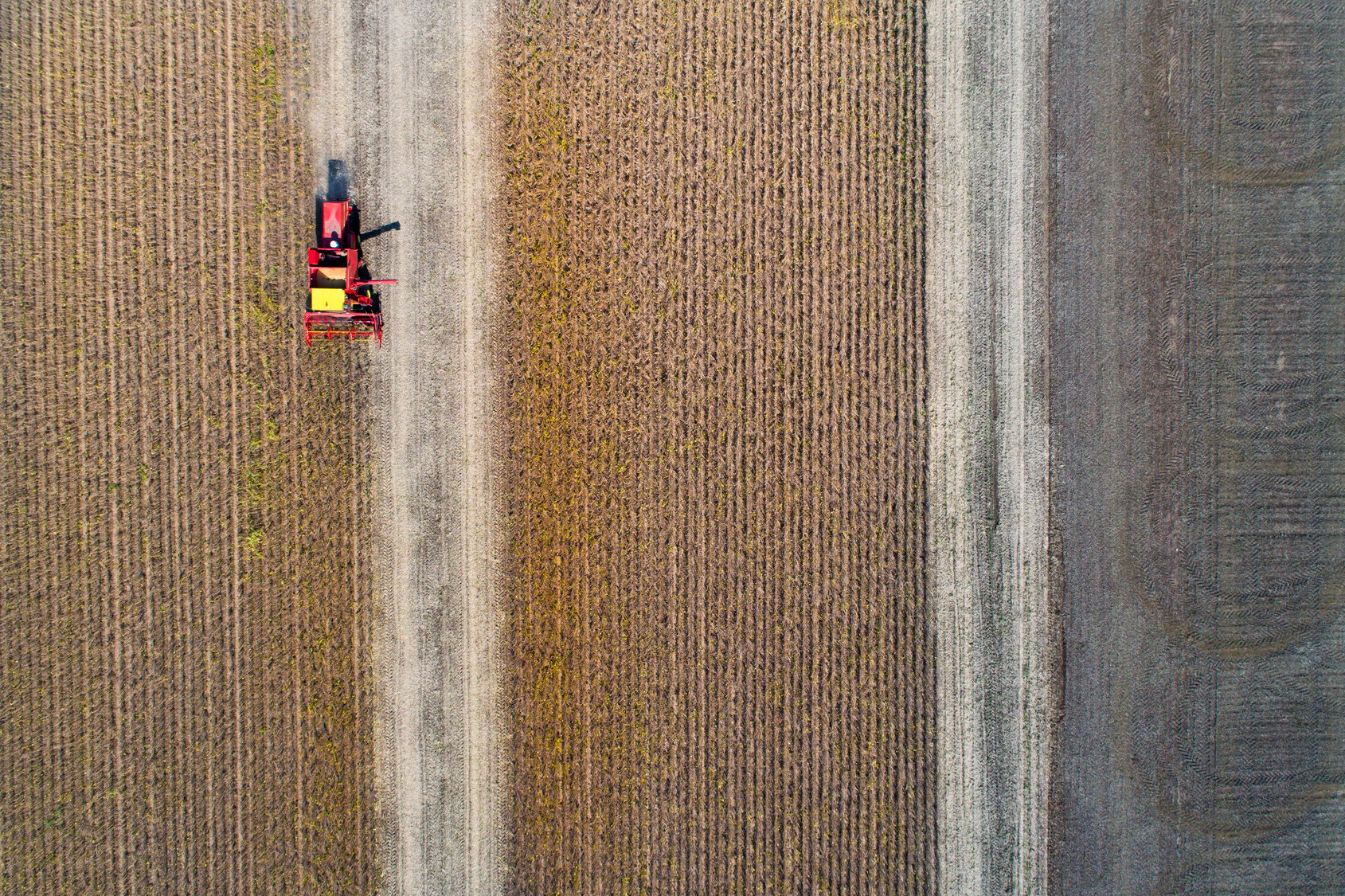As alternative fuels, green diesels provide a wide variety of environmental benefits, from lower emissions to efficient energy. Because the two main types of green heating fuels — biodiesel and renewable diesel — are still relatively new to the industry, many are still unaware of how the fuels are made and where they come from. In fact, the raw materials that are used to produce biodiesel and renewable diesel actually account for the bulk of their ultimate sustainability as fuel sources.
By recycling waste materials into fuel, green fuels provide an opportunity for the heating industry to make an impact on global carbon footprints now and in the near future. In this post, we'll explain what materials green fuels are made of and how those resources contribute to today's sustainability efforts.
What Green Fuels are Made Of
In short, both types of green fuel (biodiesel and renewable diesel) are made from agricultural waste material. These wastes come from the production of food products and include both plant- and animal-based materials. However, it's important to note that green fuel materials are not taken from food stores; this material only comes from true waste that would have ultimately been sent to a landfill.

"Agricultural waste" is somewhat of a broad term. More specifically, green diesels are made from fats, oils, and greases produced during food production. Most commonly, these wastes are taken from sources like vegetables, soybeans, and chicken and other livestock. However, green fuel material is different from standard raw vegetable oil. Soybeans, for example, are crushed or mashed during production for the food industry. This process results in two byproducts: glycerin, which can be used in soaps, cosmetics, and lubricants, and waste oils and greases. The waste produced during that process can be refined into green fuels instead of being discarded.
Another major source of green fuel material comes from animal fats, including beef tallows, pork lard, and chicken fat, that are produced as byproducts and would ordinarily be transported to a landfill. These low-grade fats, while inedible, can also be refined into biodiesel or renewable diesel instead of polluting the earth as waste. Additionally, used cooking and frying oils from the restaurant industry can be saved from landfills and can instead go to a refiner to be made into a green fuel.
The Ultimate Recycling Chain

The major advantage of producing green fuels from agricultural waste is that this process sets off a chain of recycled energy that continues to do good for the environment even after the fuel is produced and used. First, the waste material that is used to make biodiesel and renewable diesel stays out of the landfill, where it would otherwise pollute the Earth. The green fuel produced from this waste material can also be used as a replacement for limited fossil fuels. Not only could this substitution dramatically reduce the use of nonrenewable resources that emit greenhouse gases into the atmosphere, but green fuels can be used with existing combustion equipment, limiting the need for new infrastructure within the heating industry in order to make the change.
At the same time, while some energy is necessary during the refinement process, no extra energy is expended in order to obtain the fuel product because the waste is already the byproduct of another process. And finally, the production of green fuels relies only on harvesting existing energy/carbon that was already present in the source plants and animals instead. When viewed as a cycle, green fuels provide the opportunity for us to turn our waste chain into our energy chain in the future. In turn, we can keep more waste out of landfills while protecting our environment and providing power for our heating, cooling, electric, and transportation needs


